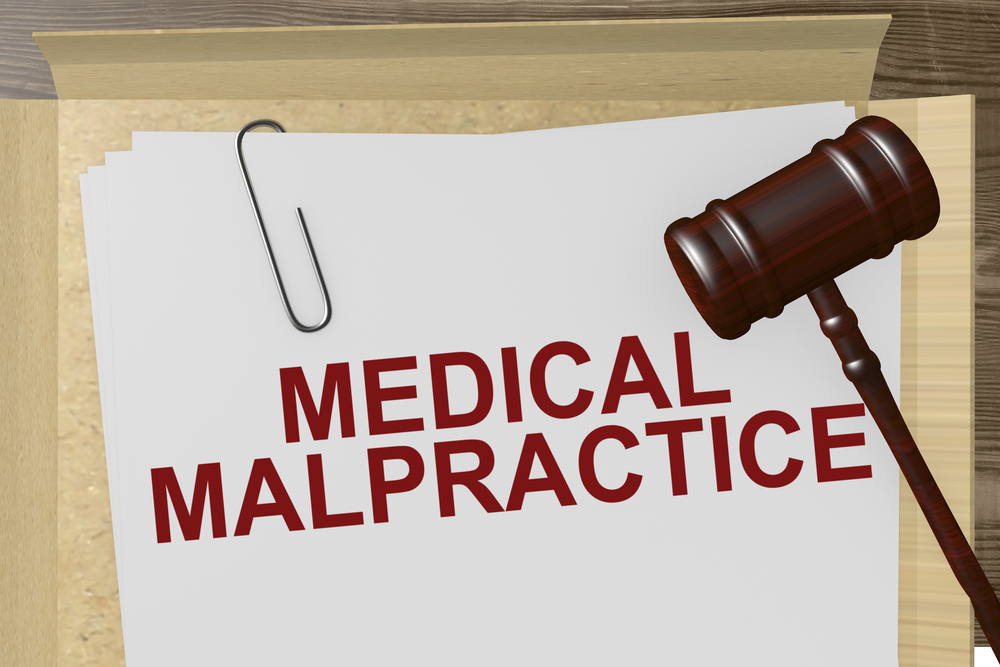Related Specialty: Street v. UPMC 1
On March 1, 2024, the Appellate Court of Maryland issued a reported opinion in the medical malpractice case of Street v. Upper Chesapeake Medical Center, Inc. The Court dealt with several issues that we will discuss in four blog posts. In this first part, we will discuss specifically whether an expert is in a related specialty to the defendant’s specialty. (For a discussion of expert witness issues in medical malpractice cases, visit the expert requirements page.)
Facts
The plaintiff sued a hospital, an emergency room doctor, a vascular surgeon, and their practice groups in the Circuit Court for Harford County. She alleged that as a result of malpractice, she had to undergo a below-the-knee amputation. After a two-week trial, the jury then returned a defense verdict, and the plaintiff appealed. (Op. at 1).

On June 16, 2017, the plaintiff went to the emergency room. Her right foot specifically was numb, pale, and cool. An ultrasound then showed an abnormal Ankle-Brachial Index (ABI). After a physical exam, Dr. Lu found no emergency vascular compromise to warrant emergency intervention, but due to the low ABI, she recommended follow-up with vascular surgery if symptoms continued (Id. at 3-4).
On June 18, the plaintiff returned to the ER, reporting that the pain was worse and the top of her foot especially was icy cold. Dr. Bassi then admitted the plaintiff. The ER doctor requested a vascular surgery consultation. The consultation did not occur for two days. (Id. at 5-6).
“Related Specialty”
The plaintiff claimed that the circuit court erred by excluding their vascular surgeon from testifying to a breach of the standard of care by emergency physician Dr. Lu. (Plaintiff did put on such testimony from an ER expert).
The circuit court excluded this testimony from the vascular surgeon under CJP 3-2A-02(c)(2)(ii)(1)(B) which provides that when a defendant is board-certified in a specialty, an expert witness on standard of care must be board certified in the same “or a related specialty” (Id. at 7).
Prior Cases on Related Specialty
The Appellate Court reviewed the three cases addressing the “related specialty” issue. It noted that the result depends on whether a treatment overlaps between the specialties. The Court also looked at a U.S. District Court case from Maryland. (Id. at 13, 15):
- DeMuth v. Strong, 205 Md. App. 521, 544 (2012): Standard-of-care issues involved managing postoperative vascular complications, which are diagnosed and treated by orthopedic and vascular surgeons. As a result, the specialties were related.
- Hinebaugh v. Garrett County Mem. Hosp., 207 Md. App. 1, 26 (2012): A family medicine doctor earlier ordered face X-rays, and radiologists read them as normal. None of them ordered a CT scan, which, when done, later revealed a fracture. An expert witness dentist board certified in oral and maxillofacial surgery (OMS) was not in a specialty related to family medicine and radiology. The family doctor and radiologists are “front-line physicians,” and the OMS dentist is a specialist who treats patients later diagnosed with broken bones. Consequently, they did not overlap.
- Nance v. Gordon, 210 Md. App. 26, 41 (2013): The case involved a urologist’s failure to diagnose kidney disease in an ER consult. The expert nephrologist is a related specialty because both perform differential diagnoses in this circumstance and overlap.
- Jones v. Bagalkotakar, 750 F. Supp. 2d 574, 582 (D. Md. 2010): An ER physician board-certified in emergency medicine and internal medicine failed to diagnose severe dehydration in an infant that became fatal. A pediatrician board-certified in pediatrics was considered a related specialty because both were qualified to examine an infant in those circumstances. While the place of examination was different (ER versus in office), it did not matter.
Appellate Court Reasoning
The Appellate Court noted that the ER physician sees a wide spectrum of patients on initial examination with a myriad of symptoms relating to any bodily system. The vascular surgeon sees patients already thought to have vascular disease. He does not decide whether a vascular surgery consultation is needed. There is no overlap and symmetry in treatment. (Id. at 18-19). As a result, the trial court correctly determined that the vascular surgeon was not a related specialty to the emergency room doctor.
Commentary By the Baltimore Medical Malpractice Lawyer
I believe the Appellate Court got it right on this issue. Distilling the “related specialty” cases, a lawyer accordingly should examine whether the two doctors see the same type of patients under the same circumstances. Further, this overlap could be in seeing a patient or performing a test. The overlap also could be in treating a patient and performing a surgery or other procedure. If that is the case, then the lawyer should have substantial grounds for arguing that the expert is in a related specialty. However, if that is not the case, the lawyer can expect a likely challenge on the issue of related specialty.
In Part 2, I discuss the ruling on peremptory challenges from the Street case. In Part 3, I analyze the Court’s ruling on the informed consent claim.
Mark Kopec is a top-rated Baltimore medical malpractice lawyer. Contact us at 800-604-0704 to speak directly with Attorney Kopec in a free consultation. The Kopec Law Firm is in Baltimore and helps clients throughout Maryland and Washington, D.C. Thank you for reading the Baltimore Medical Malpractice Lawyer Blog.





